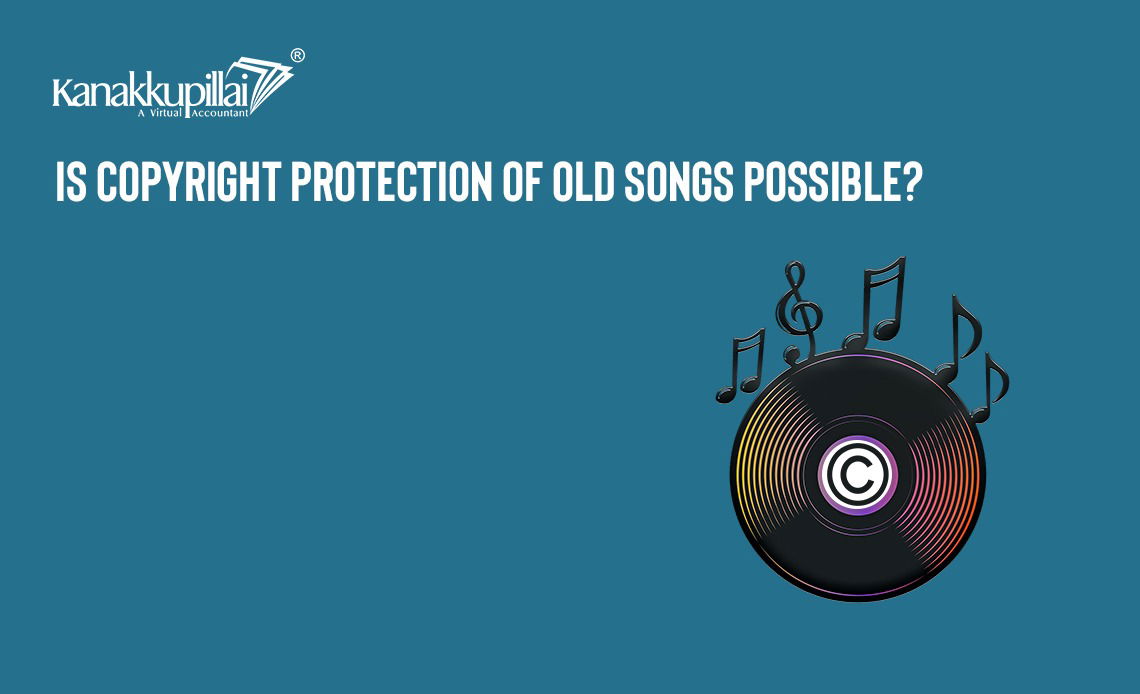The idea that old songs may be used free of charge is a popular misunderstanding. Many people believe that songs from many years in the past have entered the general public domain, meaning everyone can copy them, sample them, or use them in new works without getting permission. But things are more complex in real life. Sometimes, very old songs lose their copyright safety, but most songs made in the twentieth century keep their copyright protection for 70–95 years after they were first launched.
This blog post will discuss song copyright rules and disprove the idea that old songs are directly in the public domain. We will talk about old songs that are still protected by copyright, explain why remakes and other works based on old songs need permission, and advise how to find out if an old song is covered by copyright. The point is to let people know about most old songs’ continued intellectual property rights.
Fundamental Ideas of Copyright Terms
The period of copyright protection for a song is based on when it was first made. For songs made after January 1, 1978, the copyright lasts for seventy years after the last live artist dies. This means that even a song written by one songwriter in 2010 will be under copyright until at least 2080. The 70-year time refers to the particular expression of the song: music, words, arrangement, and recording method. The core creative ideas and facts are not protected.
The copyright time changes for “works made for hire,” such as songs commissioned from an artist by a music producer. Under these circumstances, whichever is shorter—that of copyright lasting 95 years from the date of release or 120 years from the date of creation. A song written and launched in 1980 would thus have copyright protection until 2075.
Songs recorded and written before 1978 are protected for a flat 95 years from their first release date. The Copyright Time Extension Act of 1998 lengthened its term from the previous 75 years.
Examples of Long-protected Old Song
Although many assume songs from the early 20th century are in the public domain, the truth is that intellectual property protection usually continues for decades following song release. First released in 1893, “Happy Birthday to You” was under copyright until 2016, thanks to many copyright term extensions. Though its copyright was finally ruled void in 2016, the song shows how old music can stay protected for over a century.
Over 70 years after their writing, many other great songs from the 1920s through the 1940s—including “Stardust” (1927), “Over the Rainbow” (1939), and “White Christmas” (1942)—are still under protection today. As songs age, it’s important to protect the intellectual property rights of artists and owners. A song is not available for everyone to use without permission because it is old.
Remakes and Derivative Works
Many people think that after a song is very old, anyone may easily make a cover version or develop a new arrangement. However, copyright law shields a song’s particular expression rather than its basic musical ideas. Thus, the exclusive rights of the copyright holder cover not only the original recording but also the creation of secondary works, including remakes, edits, and copies.
Even if a song is somewhat old, a new recording or arrangement would violate the rights of the copyright owners. For instance, while “Twinkle Twinkle Little Star” is built on public domain music, a new recording or arrangement of the song would need permission from the copyright owners of the particular words and arrangement.
Only after a song goes into the public domain when its copyright term runs out can it be easily changed and updated without needing to obtain permission. At that moment, fresh creative works might draw on the music, words, and original structure of the song. Though the original is more than a century old, remakes and versions of old songs depend on the copyright owners’ permission until then.
Determining Copyright Status
Finding out if a certain old song is still covered by copyright might be difficult as the term rests on a few important criteria. The year the song was made and originally released, as well as the country of the artists, describe the major factors. While pre-1978 songs have a 95-year term from publishing, songs made after 1978 are protected for 70 years following the death of the last live creator. There are more details, too; songs released between 1923 and 1977 could have had their life stretched by copyright term increases.
It is best to check official copyright databases, call the music’s producer or record company, or speak with a copyright attorney to be sure a song is still under copyright. Although it has a searchable registration record, the U.S. Copyright Office might not have included all public works. Additionally, helpful information about the copyright status of songs in their collection might come from performance rights groups like ASCAP and BMI. Researching the particular details surrounding the release and writing of a song allows copyright attorneys to provide a clear view of its current copyright status.
Given the difficulty involved, establishing the copyright status before utilizing an old song is vital to avoid infringement. The best method to guarantee you respect the intellectual property rights of the music artists and owners is to contact pros.
Conclusion
It is simply wrong to think that old songs are free from copyright. Although some rather old songs have reached the public domain, most songs made in the 20th century stay under copyright for 70 to 95 years following their release. Copyright registration sometimes covers decades following the first release of a song. Before utilizing an old song, it is important to check the copyright status to help avoid any infringement claims. As songs age, it’s important to continue protecting the intellectual property rights of artists and owners. A song is not available for everyone to use without permission just because it is old.
Related Services





